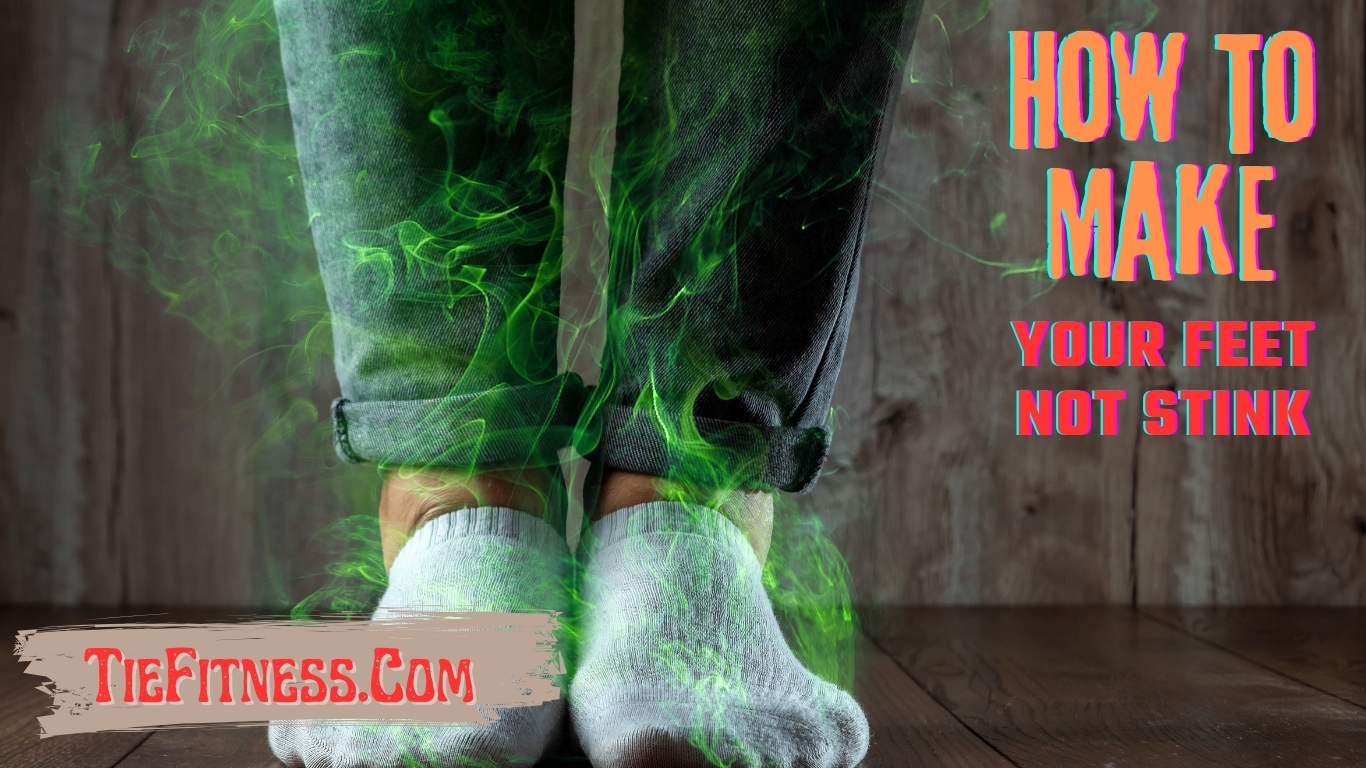Imagine the following scenario: You have been invited to your friend’s apartment where they have a policy of “no shoes”. You look down and slip your shoes to the side, the usual feeling of anxiety suddenly overtakes you as you need to take them off. After removing your shoes, you wonder if that familiar wave of anxiety you felt is coming from your feet releasing an embarrassing odor. If you feel repulsed by this situation, you are not the only one. Foot odor is one of the biggest problems that affect American males and the findings of this research indicate that up to 16% of adults may experience chronic foot odor issues regularly.

The good news is that smelly feet, which are also medically known as bromhidrosis, are a condition that can be managed. Feet have sweat glands more than any other part of the body, which is provided by 250,000 glands per pair. These bacteria when in interaction with sweat that is naturally present in your skin lead to a very familiar foot odor.
It is recent research from The American Podiatric Medical Association that shows men to be the most susceptible to this condition with 75% the commonest, while 30% of them are struggling with this problem on a regular basis. The mix of work boots usage, playing sports and typically bad foot care habits together make an area for producing bad smells.
This detailed guide will help you to sit through scientifically-tested ways to ensure your feet are smelling fresh and are not irritating anyone in your vicinity. Whether you’re dealing with occasional smells or chronic foot odor, these solutions will help you walk with confidence. Hygiene or daily cleanliness to laser and surgical treatment, this guide will make sure you have all the essentials to beat foot odor effectively.
Contents
Understanding Foot Odor! The Science Behind the Smell
To start off, it is vital to answer the question of why feet get smelly in the first place. The medical term bromhidrosis might sound complicated, but the process is surprisingly straightforward. Your feet produce sweat through two types of glands: eccrine glands, which produce regular sweat, and apocrine glands, which produce a thicker type of sweat containing proteins and lipids (fat molecules).

The primary cause of smelly feet in humans is the above estuarine scenario. As the sweat glands produce sweat, the bacteria—Brevibacterium and Staphylococcusepidermidis—which are your partners in sweat—combine with the produced sweat to cause the breakdown of its proteins, giving rise to a fruity smell. This compound is primarily responsible for that characteristic “cheesy” foot odor. Shoes are just like a bacteria hotel, cuddling up in warm, dark, and most importantly humid conditions.
A number of various reasons might bring about the unpleasant smell of your feet. One of the reasons is the lack of air in the shoes, this increases the moisture content, which in turn would favor the breed of bacteria. The situation can get worse because of both natural and environmental problems including high temperatures and humidity respectively. Some health moralities such as hyperhidrosis, that is excessive sweating, can greatly affect the capacity of an individual leading to foot odor.
The consequences of foot odors that are linked to them go beyond physical discomfort. A study of 2023 by the American Journal of Podiatric Medicine Association suggested that a significant proportion of men, 45% to be precise, were feeling shy or self-doubtful with foot odor. Whereas 28% admitted that they would rather avoid some activities than risk their relationships because of foot odor. Over seventy-five percent of the participants admitted that foot odor was the one thing that made them feel insecure when they were with other people.
7 Essential Tips to How to Make Your Feet Not Stink
1. Establish a Proper Foot Hygiene Routine
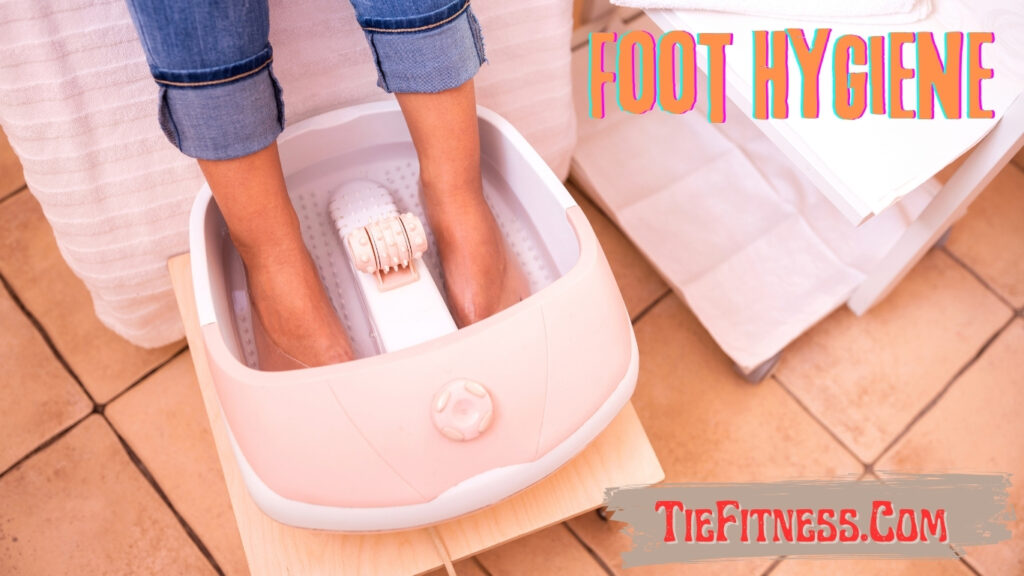
Training yourself on how to maintain immaculate cleanliness is fundamental to how you can rid yourself of stinky feet. Dr. Sarah Chen, a podiatrist certified by the board, says this over and over in her practice, cleanliness is the first stepping stone to deal with foot odor. One such measure is to come up with a morning – and a night – routine during which you will wash your feet with antibacterial soap. Special attention should be paid to the areas between your toes while doing so. Make sure the water will not be too hot—too much heat can make you start sweating more.
If you have time after cleaning at night while taking a shower, stay a bit longer to let your feet aim to dry thoroughly before going to bed. After washing, a gentle skin glove should be used to take the dead skin off, it otherwise builds up and bacteria lie on it thus causing the smell. Drying should be done completely, especially between the toes, after which foot powder or antiperspirant is applied before wearing fresh socks.
2. Master Footwear Selection and Management
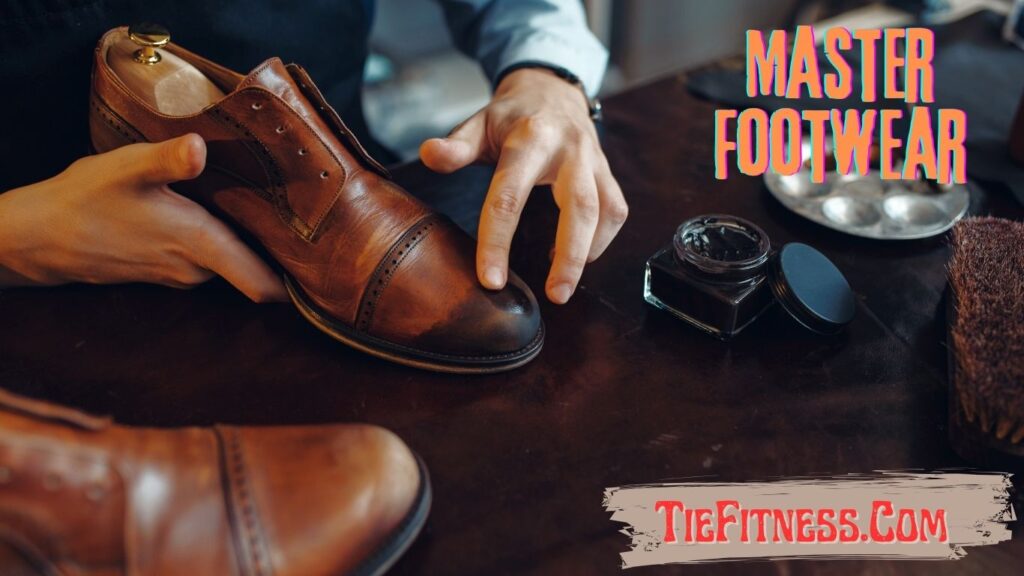
Your choice of shoes is an essential component of preventing foot odor. The American Podiatric Medical Association promotes the idea of having at least two pairs of shoes so that each pair can get 24 hours of rest between wearing, as they will dry completely. Stick to leather and canvas naturally to get the most breathable and comfortable footwear. Search for some technologically advanced features such as moisture-wicking called insole in a running shoe or the idea of cleaning made so simple by having removable insoles.
Correct shoes will be comfortable in shape while not keeping away airflow due to tightness or close-fittingness that is most likely to cause sweating. For socks, it must be of moisture-wicking material; pure wool like merino wool or specially blended synthetic fibers would be ideal. Though cotton socks feel good, they retain some moisture, which they should lose when worn for prolonged periods of time.
3. Natural Remedies and Solutions
There are plenty of remedies in nature to treat foot stench. Apple cider vinegar soaks are fairly popular for their antimicrobial properties. Soaking in a vinegar mixture in the ratio of 1:4 with warm water for 15 minutes can help bring back the natural pH of the feet from the distracting bacterial growth on the feet.
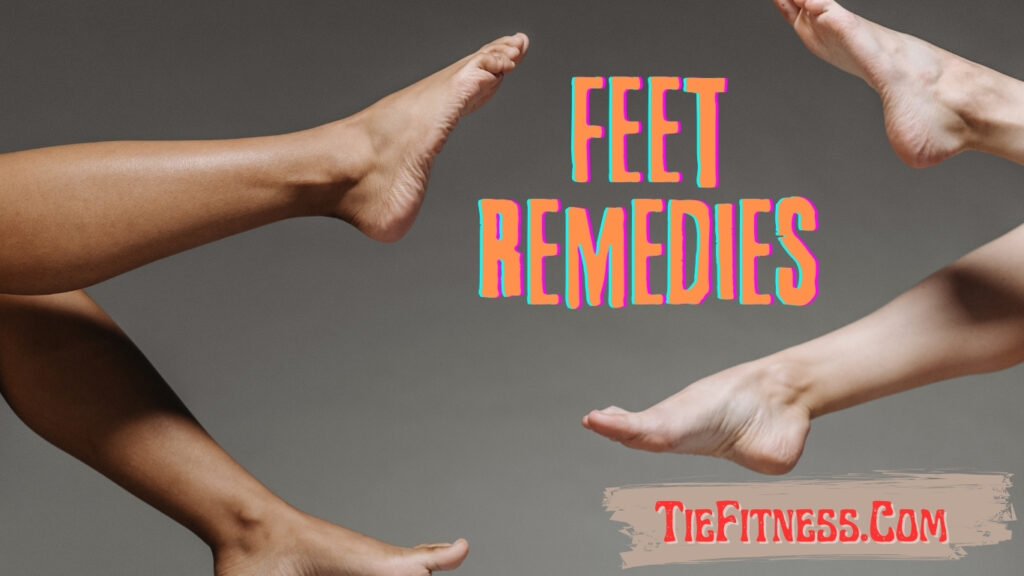
Essential oils such as tea tree, eucalyptus, and lavender have the dual ability to extract microbial effects and offer nice scents. Create a healing foot soak by adding several drops (5 to 10) of your favorite essential oil into the warm water along with a cup of Epsom salt. This concoction will not only keep off the stench but also relieve tired feet.
The trick to this simple but useful DIY foot powder remains in the equal mixing of baking powder and corn starch with a couple of drops of tea tree oil. It is the perfect remedy that absorbs moisture while ensuring your feet are protected against microbes the whole day.
4. Professional Products and Treatments
Countless products exist on the market, directed to control foot odor specifically. When applied at night to clean, dry feet, clinical-strength antiperspirants with aluminum chloride can work wonders. Antiperspirants work by obstructing the sweat glands temporarily, which results in a marked reduction in moisture.
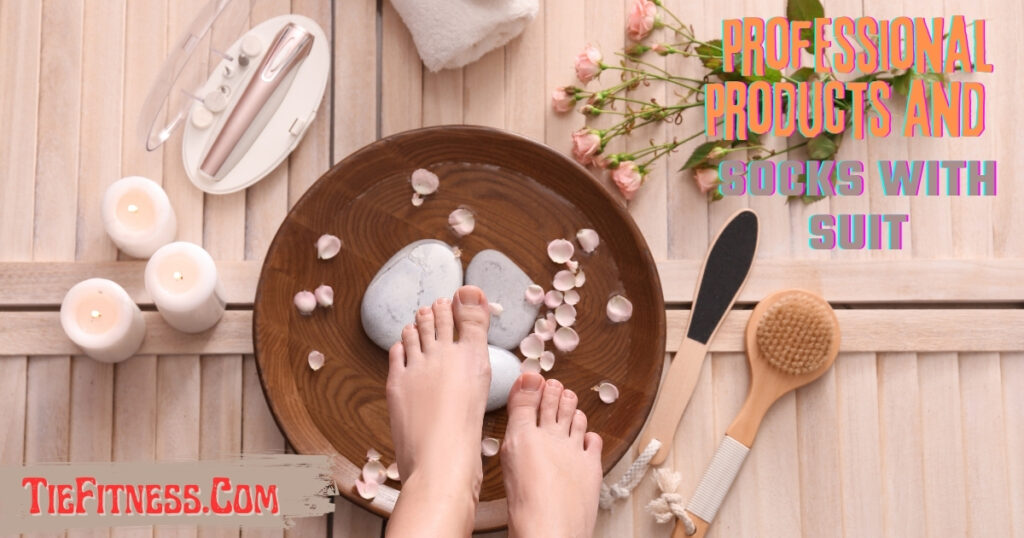
Medicinal powders containing substances such as miconazole or tolnaftate soak wetness and at the same time combat mold growth. Deodorizing sprays can provide temporary freshening up between washes but should not be a primary alternative.
For cases of persistent problems, your podiatrist will possibly opt for recommending prescription-strength solutions, such as iontophoresis treatments or specific medications used as antiperspirants. While they are a bit pricy, such professional options usually produce longer-lasting results compared to over-the-counter products.
5. Lifestyle Modifications
What you eat and how you live can greatly affect foot odor. Certain sulfurous foods were found to contribute to body odors after consuming them. Foods rich in zinc, such as pumpkin seeds and whole grains, help combat sweating.
Exercise is good for your general well-being but will require special attention that should be paid to foot health. Change out of exercising shoes and socks immediately after exercise, and use moisture-wicking insoles during high-intensity workouts. Stress management tactics work too because emotional stress may trigger perspiring.
Surprisingly, hydration improves the elimination of foot odor. If well hydrated, the sweat is less concentrated and less pungent. One should maintain a steady intake of water throughout the day rather than large gulps at once.
6. Environmental Controls
So much depends on the environment you are in when it comes to foot health. If your house has enough humidity in the place where you keep shoes, this will very much affect the odor formation. Think about keeping a dehumidifier in the closet or shoe storage area, especially if you live in a humid climate.
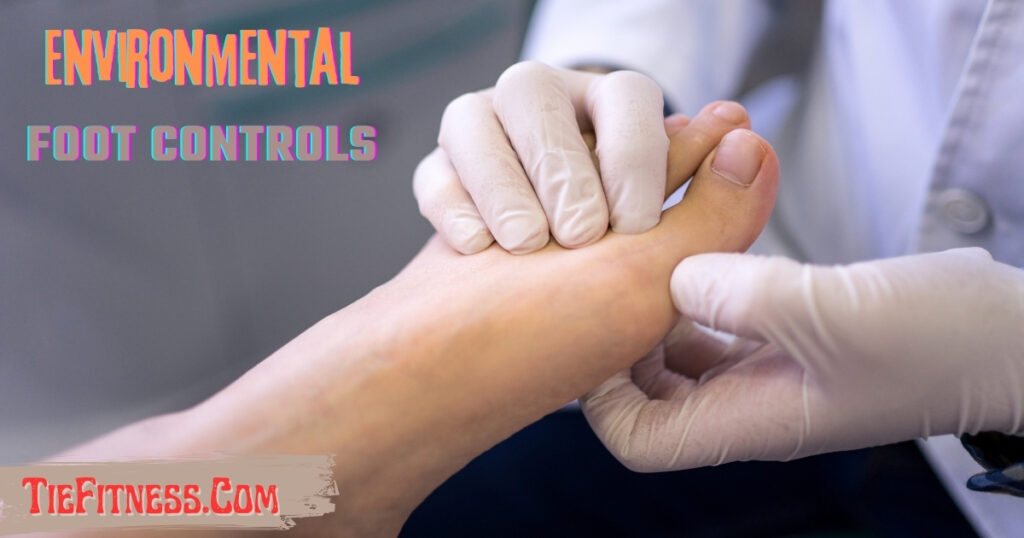
You must have a very good shoe storage system that allows for airflow. Wire racks or open shelving allow a shoe to breathe between uses. For those professional environments where one must wear the same shoes each day, keep a small fan under your desk for air circulation around your feet.
Likewise, seasonal considerations matter. The right open-toed shoe should be worn during summer where suitable, while moisture-absorbing shoe inserts would really work during humid months. In the winter, it is better not to act on the impulse of wearing thick socks for more than quite a while, as that can very well encourage bacteria growth.
7. Prevention and Maintenance
Preventing foot odor is much easier than treating it when it has set in hard. This means establishing a daily routine whereby proper washing, drying, and application of different products is involved. Weekly, shoes should be cleaned well and rotated regularly. Every once a month, give all the footwear, even what is worn occasionally, a good, thorough cleaning to prevent any bacterial build-up.
Watch out for signs of worsening smell or foot health issues. A sudden increase in sweating of the feet, change in the smell profile, or skin changes between the toes may indicate a possible underlying condition that needs attention.
Expert Insights
Dr. Michael Rodriguez, a leading podiatrist at the National Foot Health Institute, notes that “Most foot odor cases can be effectively managed through consistent care and the right combination of treatments.” Recent research published in the Journal of Foot and Ankle Research supports this, showing that a comprehensive approach combining proper hygiene, appropriate footwear, and preventive measures can reduce foot odor issues by up to 75% in most cases.
When to Seek Professional Help
Most cases of smelly feet are due to improper foot hygiene but others would warrant medical intervention; for example, when a persistent strong odor persists despite strict personal hygiene practices, excessive sweating interferes with daily activities, or skin changes such as peeling and itching between the toes are noticed.
Some hidden causes of foot odor include hyperhidrosis or diabetes which may need intervention by a medical expert. A podiatrist can administer focused treatments and detect any possible underlying causes that may be neglected if one attempts home remedies alone.
Conclusion
A foot odor problem shouldn’t be a battle you fight forever, as you have gained insightful information about the smell appealingly, and now I will tell you some more tips to remedy foot odor so that you may walk in confidence on every occasion. Follow up with daily routines of hygiene, keeping in mind to wear the right shoes and follow wide-scale prevention methods; repetition of some practical skills will surely yield the best results.
The first few ideas should be easy to implement. Washing your feet properly, not wearing the same shoes every day. Once you acquire them as a habit, stronger solutions such as various products or natural cures may be found. With time and patience, you will find the combination of techniques that best suits your needs.
Don’t let foot odor limit your social life or activities. Start applying these strategies from this guide now to step into a future free of worries concerning foot odor. Your feet and those around you will appreciate it.

